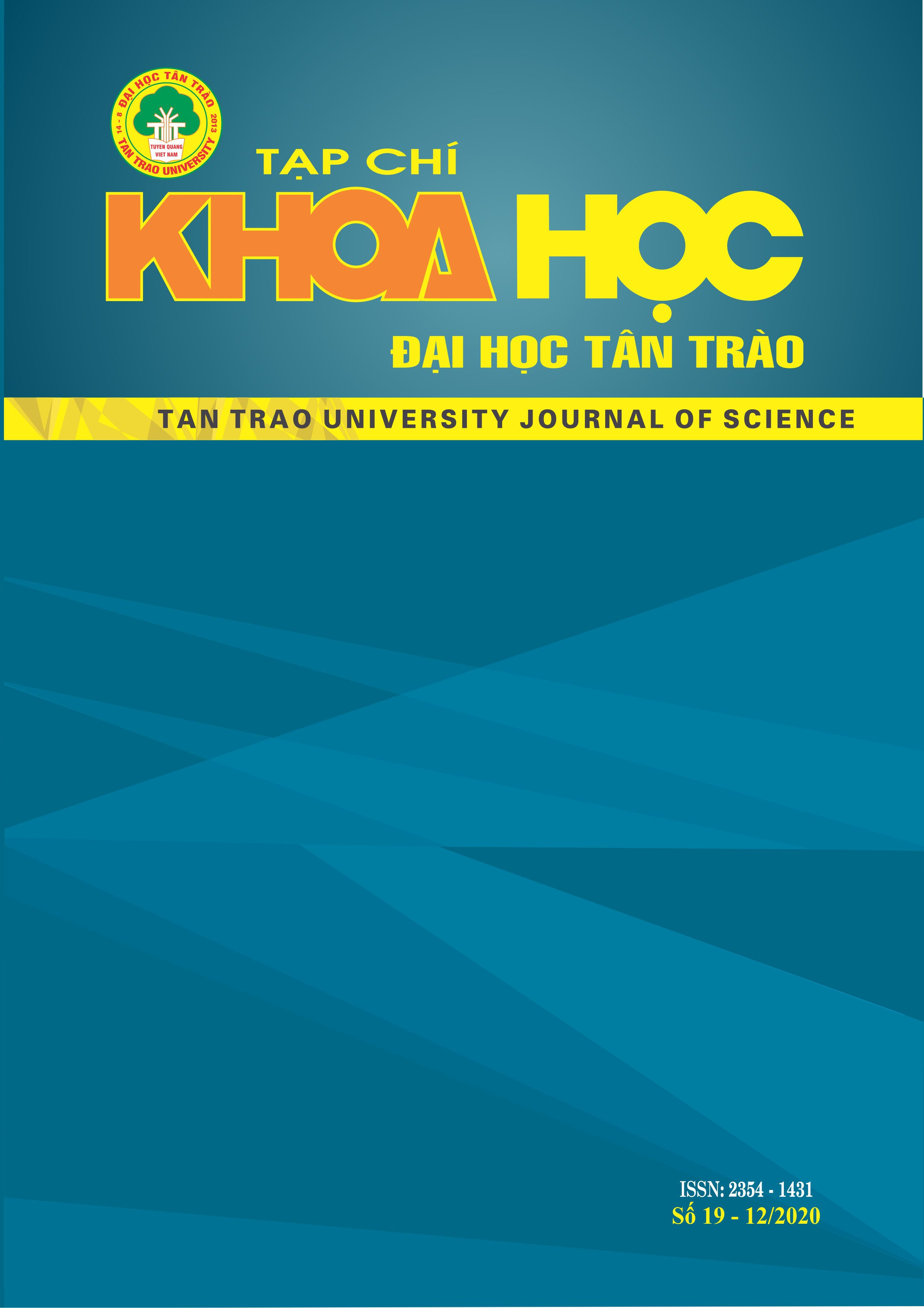THE DETERMINING ROLE OF SOCIAL RESPONSIBILITY IN CHOOSING A TOURIST DESTINATION
DOI:
https://doi.org/10.51453/2354-1431/2020/424Keywords:
sustainable development, corporate social responsibility, tourismAbstract
Seventeen Sustainable Development Goals (SDGs) announced by the Organization of United Nations are the current direction for business development. Responsible activity of companies are actions promoting breakthrough solutions in the social, ecological and economic aspect. The importance of social responsibility (CSR) in the development of tourism is becoming more and more emphasized. Rising and conscious consumer requirements are increasingly related not only to services, but to the search for added value, eco-development, and environmental protection, respect for and striving for a clean climate, focus on aspects of health, healthy eating and unprocessed food. In tourism, an important link is the hotel industry. Hotels are everywhere, they are both global and local. Hotels cooperate with many stakeholders, use various facilities and use environmental resources like water and energy, generate waste, sewage and consume raw materials. The hotel industry has a huge impact on the implementation of goals and tasks of sustainable development. The aim of the paper is to show changes and development trends in the tourism industry, paying particular attention to good business practices in the hotel industry. Good social responsibility practices in the area of the market, environment, society on the example of the hotel industry in Poland and Turkey were analysed. The main issues of the analysis are:
Downloads
References
1. Rudnicka A., CSR-improvement of social relationships in the company) Wydawnictwo Oficyna Wolters Kluwer business, Warszawa 2012, p. 211.
2. Dembiński P. H., Ethics in the field of finance. [In:] Biznes, Etyka, odpowiedzialność, red. naukowa W. Gasparski. PWN, Warszawa 2013, p. 178.
3. Anam L., CSR info, Responsible business practices for managers. A guide for members of supervisory boards. Warszawa 2015.
4. Landes D. S., Wealth and poverty of Nations.) MUZA SA, Warszawa 2007, p. 576.
5. Lewicka - Strzałecka A., Consumers: rights and obligations) [In:] Biznes, etyka, odpowiedzialność, red. naukowa W. Gasparski. Wydawnictwo Naukowe PWN S.A., Warszawa 2012, pp. 259-260.
6. Greszta M., Whether the Polish consumer draws attention to the socially responsible action?) BAROMETR CSR 2013, As biznesu opiniotwórczy kwartalnik o społecznej odpowiedzialności nr 10, Poznań 2014.
7. Stawicka E., Ethical (socially responsible) dimension of the organization’s functioning) [In:] Studia i materiały, red. naukowa J. Prońko. Miscellanea Oeconomicae, Nr 2/2009, s.264. ISBN 83-87798-72-X.
8. Donaldson T., Corporations and Morality, Prentice Hall, Englewood Cliffs, 1982.
9. Filek J., Corporate social responsibility. Only fashion or new business model?) Urząd Ochrony Konkurencji i Konsumentów, Kraków 2006, p. 4 .
10. Niestrój R., Marketing management )Wyd. Naukowe PWN, Warszawa 1996, p. 137.
11. Griffin W. Ricky, The basics of managing organizations) PWN, Warszawa 2013, p. 74.
12. Dragota M., Hotel Pod Orlem, Sustainability report. Analysis and proposals for amendments, Kartuzy 2012.
Downloads
Published
How to Cite
Issue
Section
License

This work is licensed under a Creative Commons Attribution-ShareAlike 4.0 International License.
All articles published in SJTTU are licensed under a Creative Commons Attribution-ShareAlike 4.0 International (CC BY-SA) license. This means anyone is free to copy, transform, or redistribute articles for any lawful purpose in any medium, provided they give appropriate attribution to the original author(s) and SJTTU, link to the license, indicate if changes were made, and redistribute any derivative work under the same license.
Copyright on articles is retained by the respective author(s), without restrictions. A non-exclusive license is granted to SJTTU to publish the article and identify itself as its original publisher, along with the commercial right to include the article in a hardcopy issue for sale to libraries and individuals.
Although the conditions of the CC BY-SA license don't apply to authors (as the copyright holder of your article, you have no restrictions on your rights), by submitting to SJTTU, authors recognize the rights of readers, and must grant any third party the right to use their article to the extent provided by the license.


